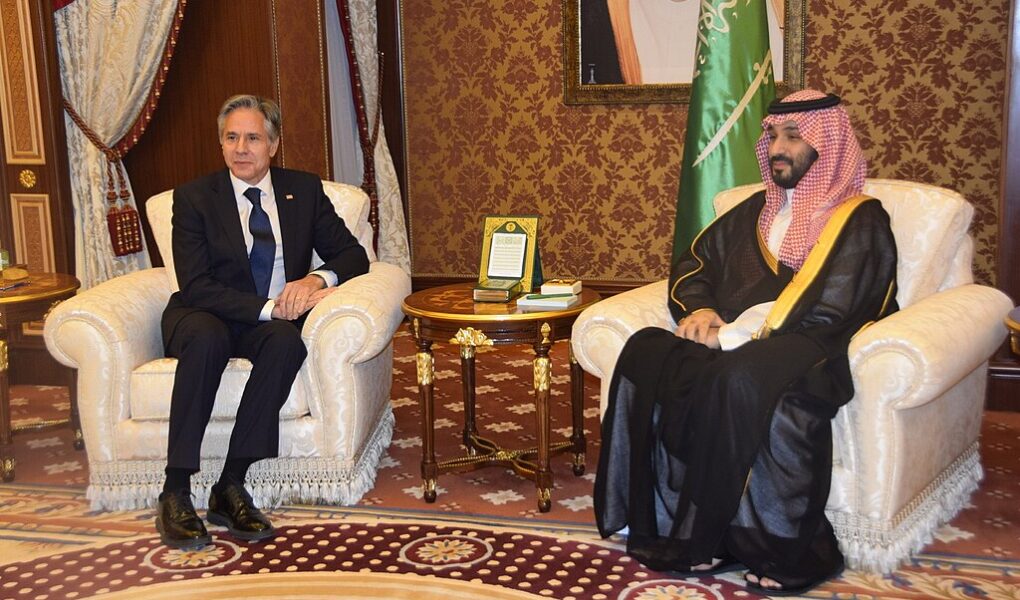Arab and Muslim leaders concluded a landmark summit in Riyadh last week, where they addressed the pressing issues facing the region, including the ongoing conflicts in Gaza and southern Lebanon and the evolving roles of Iran and the United States following Donald Trump’s recent reelection.
In their closing statement, all 57 leaders participating in the Extraordinary Arab and Islamic Summit called for a return to the 1967 borders and unanimously emphasized the importance of establishing a Palestinian state with East Jerusalem as its capital. Saudi Arabia’s Crown Prince Mohammed bin Salman, despite his country’s ongoing efforts to bridge gaps and pursue normalization with Israel, which has long been a goal of the United States, referred to Israel’s actions in Gaza as a “collective genocide.”
“The over-the-top anti-Israel statement of the summit was a result of the Saudi recognition that normalization and a possible defense treaty with Washington will not be achieved soon due to the ongoing war in Gaza and the presidential transition in America,” explained John Hannah, senior fellow at the Jewish Institute for National Security of America (JINSA). “This rhetoric is functional to placate the public and Iran. These regimes are experts at providing something for public consumption and then doing the exact opposite way later on.”

